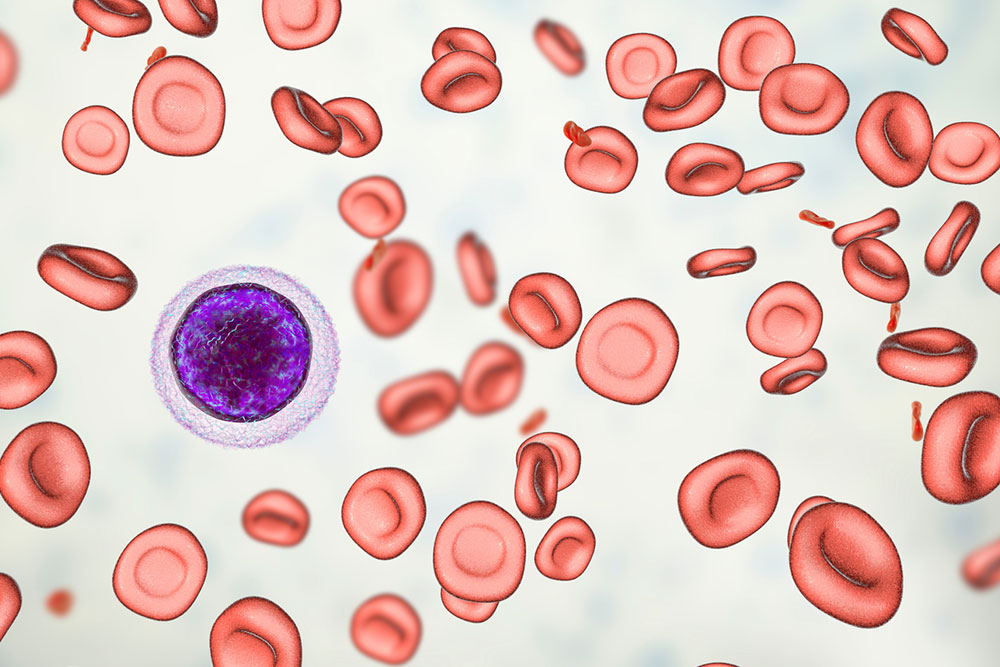
9 signs of anti-neutrophil cytoplasmic antibody vasculitis
Anti-neutrophil cytoplasmic antibodies or ANCAs are a type of autoantibodies in the body. When ANCAs attach to certain white blood cells called neutrophils, they can begin damaging small blood vessels, causing vasculitis—inflammation of the blood vessels. In most cases. ANCAs are detected through blood tests conducted to check for autoimmune disorders, inflammatory bowel disease, and vasculitis. Additionally, here are a few common symptoms of ANCA vasculitis that can be observed:
Blood in urine
ANCAs that cause blood inflammation most commonly affect the kidneys. As a result, blood may be observed in the urine. Further, the urine may appear foamy and discolored, taking on a brownish hue. A sign of ANCAs is the presence of protein in the urine, usually detected during diagnostic testing.
High blood pressure
ANCAs may start to attack the small blood vessels, making them become inflamed and swollen. This results in high blood pressure.
Fatigue
The presence of ANCAs in the blood weakens the vessels. Further, they can become narrower, leading to a deficiency of oxygen and nutrients in various organs relying on blood for the supply. This results in extreme fatigue.
Respiratory problems
The ANCAs in the blood can also affect the lungs, causing several respiratory problems. These include sinus inflammation, bloody discharge from the nose, ear infection and pain, and pain in the nose and throat.
Nerve issues
Another common set of symptoms that most people with ANCAs experience is nerve problems. These problems manifest in the form of numbness, burning sensation, and tingling in the muscles.
Headaches
ANCAs may also affect the large blood vessels, leading to severe and frequent headaches. Furthermore, the condition can cause cognitive impairment and seizures in some people.
Muscle pain
Blood vessel inflammation associated with ANCAs can lead to slow deterioration of muscle mass, weakening the muscles over time. So, one may start to experience extreme pain in the muscles.
Gastrointestinal problems
These include symptoms such as blood in stools, nausea, diarrhea, abdominal pain, constipation, and vomiting.
Fever and cough
With the ANCAs attacking the healthy white blood cells, there is a high risk of viruses and bacteria invading the immune system. If this happens, one may experience fever and other flu-like symptoms. Further, hoarse voice and cough could be brought on by inflammation in the trachea associated with ANCA vasculitis.
One should consult a doctor to get appropriate treatment upon noticing any of these symptoms.







